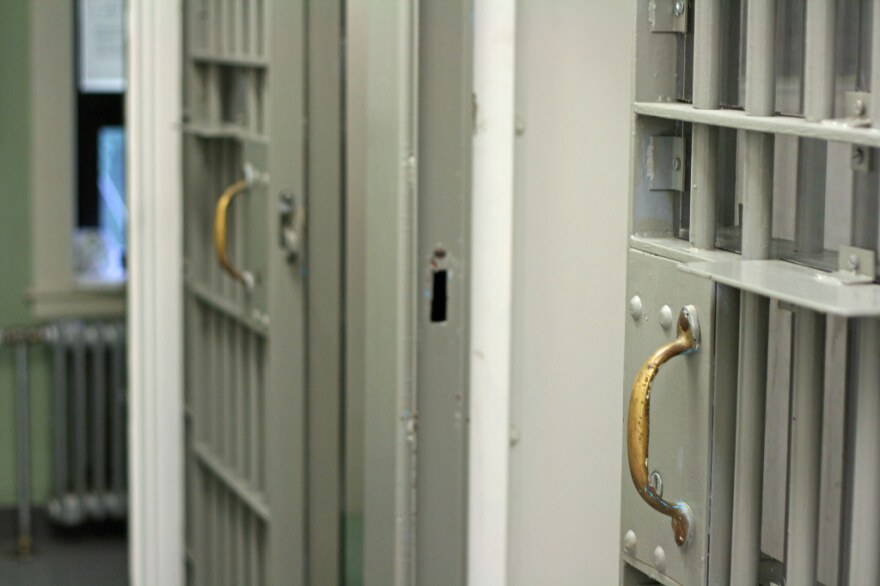Michigan continued a trend last year of fewer felons returning to prison for committing new crimes for violating the terms of their parole. That’s according to the Michigan Department of Corrections’ tracking of parolees for three year after they’ve been released.
Last year’s return rate was 26.7 percent, said MDOC spokesman Chris Guatz. The 2019 rate was 29.1 percent.
He said that’s a big decrease from the years when so-called “tough-on-crime” policies returned more people for violations.
“So almost one in two prisoners in the late 90s were coming back to prison within three years,” he said. “Now it’s far, far less than that.”
He said the system focuses more now on helping inmates with work and life skills, closer supervision, and on overcoming addiction.
Gautz said the department will build on the trend with plans to offer more opioid addiction treatment, and a mentorship program. He said the department is also doing more to help inmates get job training, certificates and college degrees before they are released.
“Those are going to pay great dividends in having a more educated group of prisoners who are well trained to be able to go out into the workforce, have jobs and careers, and not go back to a life of crime,” he said.
Gautz said the most common reasons parolees return to prison are assaultive behavior, and firearm possession.

